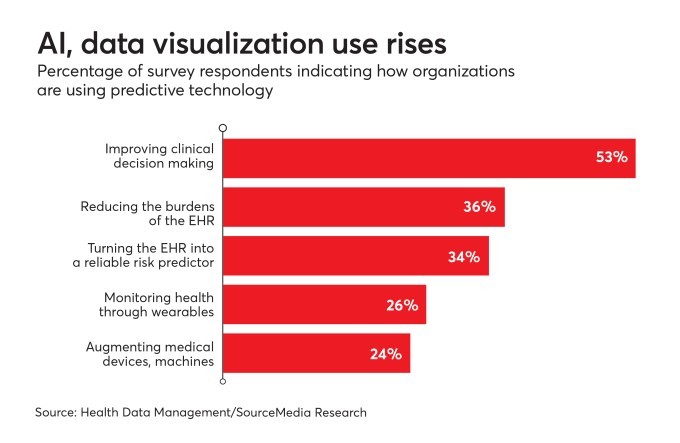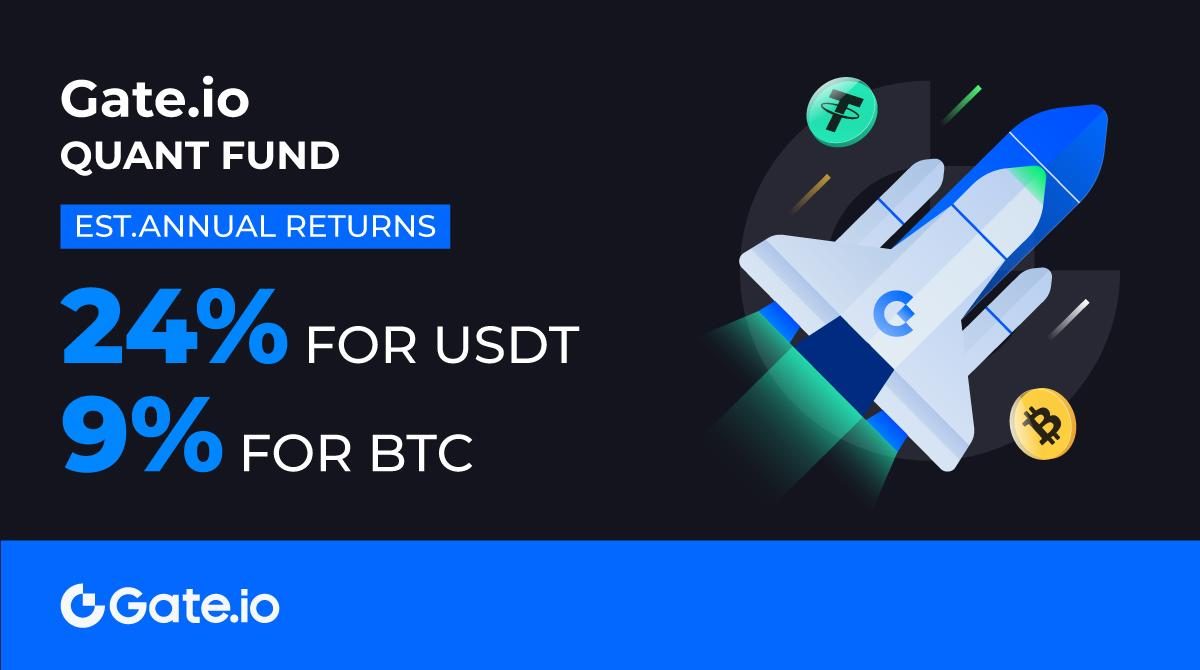The next generation of data-driven healthcare is here | News Sept 27

Healthcare
In the last 60 years, the average life expectancy of babies has increased by almost 20 years – from 52.5 to 72 as of 2018. We have seen an incredible wave of technological innovation in our time. Bless you. Breakthroughs and a better understanding of public health initiatives that have changed the course of human life. And with new technologies like blockchain and artificial intelligence entering this phase now, we know that an even more radical transformation is imminent. These breakthrough technologies pave the way for a longer, healthier lifespan.
To show you how healthcare has evolved with these technologies, I’d like to highlight a case study from two unique companies, Insilico Medicine and Longenesis. Together they show how the development of AI for healthcare has evolved in parallel with the emergence of blockchain applications in healthcare.
Data-driven healthcare
In 2014, longevity innovator Alex Zhavoronkov and her company Insilico Medicine contacted me. The company is based on a simple but radical premise: to use AI to accelerate drug discovery and development. At that time, the use of AI was still in its infancy, both in public perception and in use in medicine. But in the seven years since I’ve invested in this company, it has used AI to completely transform research and development in therapy. The rapid discovery and development of new therapies is the result of the incredible amount of data they process in search of the next best cure. This data is rich in source and scope, derived from the gene and protein sequences of actual healthcare patients. With dozens of new drug candidates, they have shown tremendous potential in using AI for data-driven healthcare.
Insilico’s breakthrough, however, was not without its hindrances. Working with large amounts of data poses particular challenges in terms of centralization and security. Healthcare data tends to be scattered and fuzzy. Every doctor, medical center, and hospital has its own silos, and due to data protection regulations, data is generally only shared when necessary for patient care. Access to aggregated patient data is critical to the success of Insilico’s AI algorithms, and it is not.
Data protection and blockchain technology
In search of solutions to the security and centralization problems associated with this type of data, Alex and the team at Insilico Medicine soon discovered blockchain technology and distributed ledgers. The immutability of entries in the blockchain and the ability for multiple decentralized nodes to contribute data to a common ledger have provided solutions to complex problems related to patient data. The technology was what they were looking for, but they needed a partner to build it with them. Insilico has formed a joint venture with leading European blockchain company Bitfury (now one of the continent’s largest emerging technology companies) and has created a new company called Longenesis. The goal of Longenesis is clear: to create a blockchain ecosystem for healthcare that takes into account the sensitive requirements of medical data and the application needs of biotech research.
Related: Privacy concerns are growing and blockchain is the solution
Longenesis has developed a blockchain-based environment for healthcare and biotechnology industry stakeholders, including patient organizations, biomedical research groups, research partners and funders. The nice thing about the Longenesis solution is that there is always written consent. When patients consent to their data being shared for any purpose, there is immutable evidence of their consent.
His first product, Curator, is used by hospitals and other care facilities to make data available to researchers secure and legally compliant without compromising privacy. This functionality enables researchers to review records without compromising the confidentiality of patient data. When a researcher or company is interested in leveraging data, Longenesis’ second product, Engage, provides that data. Engage also enables hospitals and researchers to quickly involve patients in new medical studies and studies, and to capture ongoing patient consent. Regardless of whether AI is analyzing new data from a medical study or “old” data from medical records, patients know about it and can conveniently opt for consent. Longenesis has used this solution in government hospitals, government biobanks, and more. His work gives AI companies like Insilico Medicine access to vast amounts of data that can be used to analyze artificial intelligence, leading to the discovery of even more drugs.
Data, blockchain and human lifespan
While I’ve highlighted two companies here, there are thousands of stellar startups, research institutes, and doctors working tirelessly to improve people’s life expectancy. They can all benefit from blockchain unlocked data and the analytical power of artificial intelligence.
The average hospital generates 760 terabytes of data annually, but 80% of that valuable data is unstructured and unavailable to researchers. It has to be confidential and the patient has to give permanent consent to its use. This separation slows down progress in all areas of medicine. The combination of blockchain and AI can share this data for analysis, facilitate patient consent, track clinical data usage, and much more.
In summary
Without blockchain, artificial intelligence lacks the ethically sourced and protected biomedical data it needs to find new solutions. Without artificial intelligence, large amounts of data protected by blockchain are safe, but cannot be used for research. Progress occurs when these innovations come together, just as important public health initiatives of the past few decades have succeeded with the advent of the World Wide Web. Our goal should then be to bring these technologies to market more comprehensively so that all people have access to life-oriented care.
Garri Zmudze is managing partner of LongeVC, a Switzerland and Cyprus-based venture capital company that promotes innovative start-ups in the fields of biotech and longevity. He is a seasoned business professional and angel investor with several successful exits from technology and biotech companies. He is a longtime supporter and investor of biotech companies including Insilico Medicine, Deep Long Life and Basepaws.
.
.













